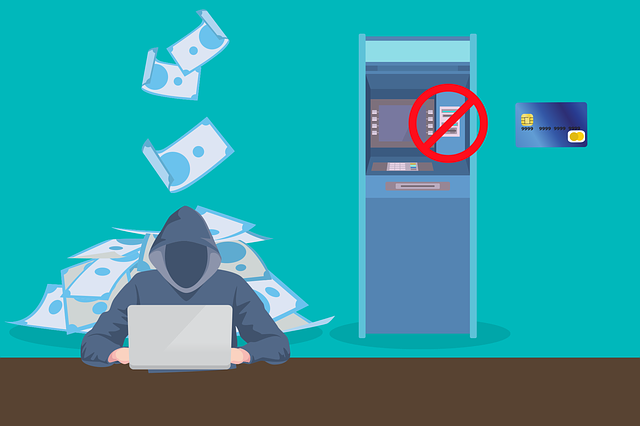Maryland State Police are urging residents to exercise caution following an alarming increase in telephone scams involving Bitcoin and gift cards. Reports from the department indicate that scammers are exploiting one of the benefits of cryptocurrency – its anonymity – as well as the convenience of gift cards to defraud vulnerable people. Cases are increasing in number, and Maryland authorities are encouraging users to be vigilant.
Recent incidents reported by the Salisbury Barrack show that scammers are impersonating real businesses or government agencies. They then encourage victims to withdraw cash from their accounts and deposit it into a Bitcoin ATM using a QR code. The problem is, these QR codes are linked to the scammer’s wallet.
Other reports state that scammers are coercing victims to purchase gift cards by providing their bank card numbers.
These schemes can fool even the most suspicious user as the scammer uses high-pressure tactics that create a sense of urgency, compelling the victim to act quickly.
Cryptocurrencies, like Bitcoin, are seen as a secure and anonymous way to transfer money. Crypto can also be used to engage in various activities, like online gaming and gambling. Despite the latest warning from Maryland State Police, crypto gambling sites offer secure opportunities to play games safely, and anonymously. Crypto casinos have increased the public’s familiarity with cryptocurrencies, and scammers are using this trust in crypto to commit fraud.
According to the Maryland State Policy, the scams usually follow the same predictable pattern. Victims receive phone calls or messages with the caller/sender claiming to be from a trusted company or government department. The caller insists that the victim must make immediate payment to avoid penalties, address legal matters, or resolve debts. Payment is typically demanded via Bitcoin deposits or gift card purchases—transactions that are usually irreversible.
According to the Maryland State Police Salisbury Barrack Facebook page, “Only scammers will tell you to buy a gift card and then give them the numbers off the back of the card. Only scammers create urgent situations to convince victims to act quickly by withdrawing cash from their bank accounts or deposit into a Bitcoin ATM.” Real, legitimate companies will never request these payment methods.
The Federal Trade Commission (FTC) reported a sharp rise in Bitcoin ATM scams, with losses exceeding $110 million in 2023. The first half of 2024 already saw $65 million lost in these scams. Senior citizens are especially vulnerable to the latest scam attempts as they tend to be more trusting of authority figures and less knowledgeable about cryptocurrency.
This is not the first time that the Maryland State Police warned citizens against Bitcoin-related scams. In September 2024, they also warned against a Gmail-based scam where victims were blackmailed into sending Bitcoin payments.
Scammers used personal information, including photographs of the victims’ residences (taken cleverly from Google Maps), to create a sense of fear.
Authorities have encouraged citizens to take note of the following tips to avoid falling victim to scams:
- Always pause, consider, and verify the situation that the scammer is presenting. Scammers often rely on urgency and panic to pressure victims.
- Avoid making any payments that can’t be traced. Legitimate businesses and government agencies will never request payment through Bitcoin ATMs or gift cards.
- Be careful about which personal information or financial details you share online or over the phone.
- Report any suspected scams to your local law enforcement or file a complaint with the FTC at ic3.gov.
The latest warning from the Maryland State Police is a good reminder of the risks posed by sharing personal information online. Although cryptocurrencies are changing how financial transactions are performed, offering a safer and more secure network across industries, consumers must be vigilant against potential scammers.






Recent Comments